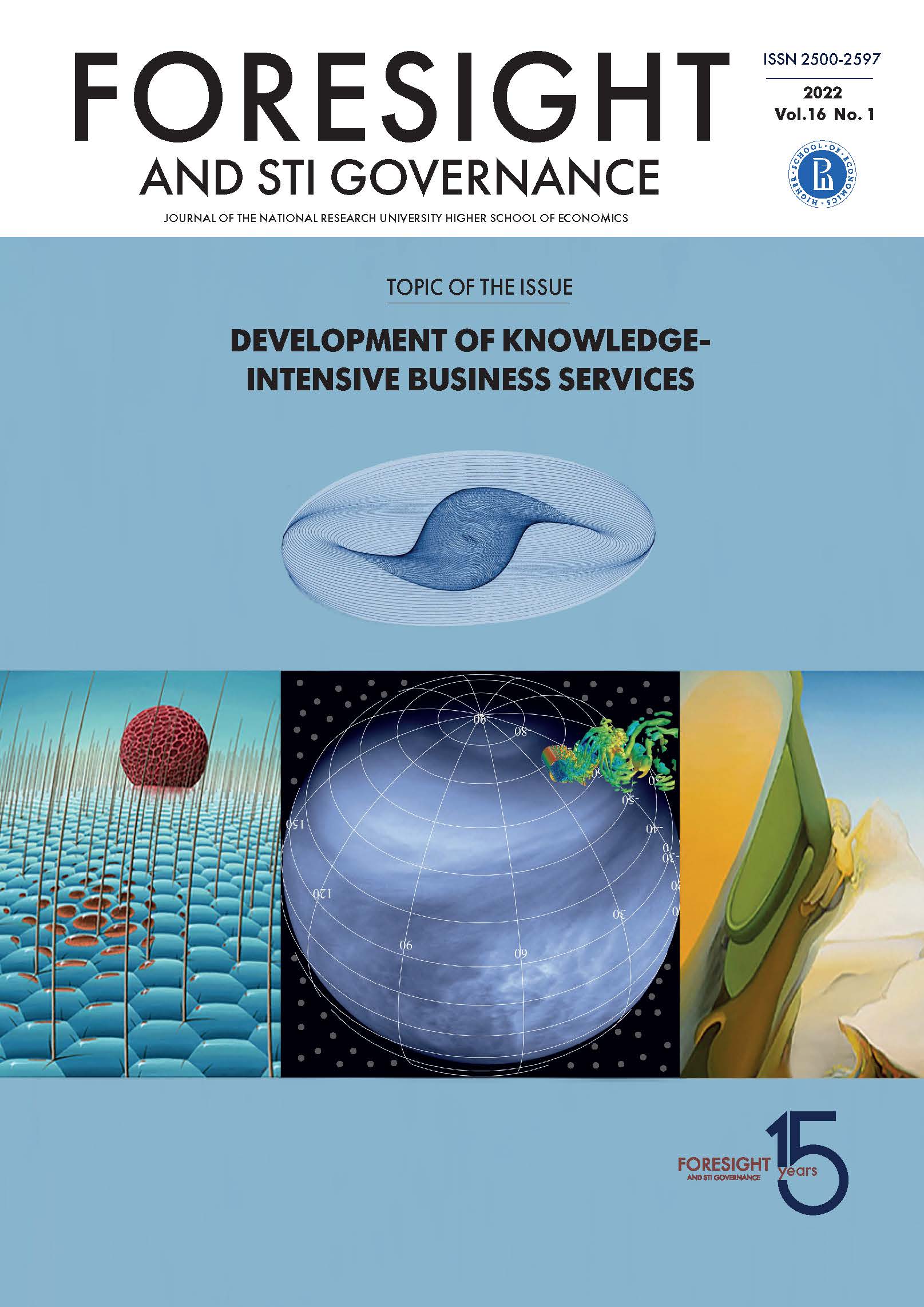Abstract
As digitalization continues to fundamentally change professional work, we examine obstacles to technological innovation in the legal sector, which is a notable outlier when compared to other knowledge-intensive business services (KIBS). This paper aims to explain the lower engagement with technological novelty in legal services in contrast to other KIBS spearheading global innovation. We adopted a mixed-method approach, combining both deductive and inductive inferential modes in a pragmatic manner. We used a quantitative analysis of law firms (n = 258) to establish baseline observations that were used to understand the attitudes toward the use of technology in addition to interviews with individual lawyers (n = 28). The study broadens the understanding of obstacles to digital change in small law firms operating on the periphery of the global market. Six different barriers clustered in two groups were identified: three reflect the character of individual work, two are related to law firm performance, and the last reveals an overarching problem in technology design. The discussion extends the debate on technological disruption in legal services. The reluctance to adopt digital innovations is not irrational when the drawbacks of creative disruption are considered. Endogenous change would require altering fragmented structures of local markets for companies to grow via an economy of scale. It is more likely that digital novelties will continue to develop from the global market delimited by the English language. A better understanding of obstacles to technological innovation may serve lawyers, managers, and LegalTech providers with material concerns that need to be addressed.

